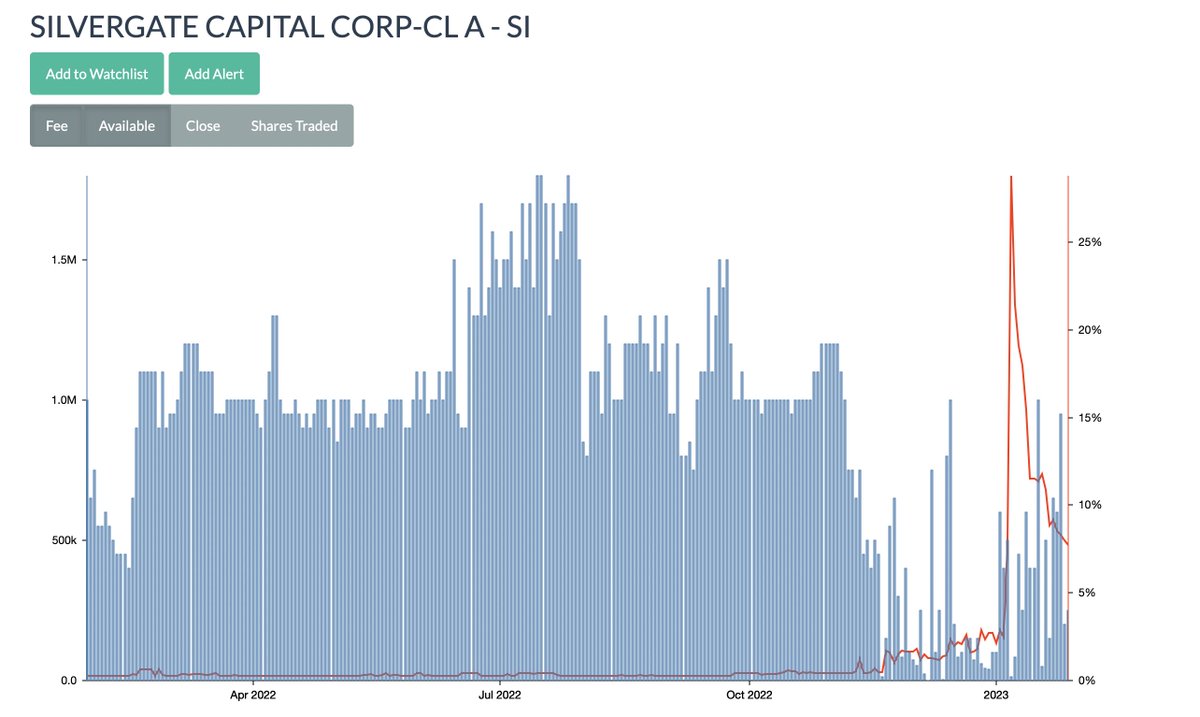Here are 12 free resources that will help you be a better investor
A thread:
A thread:
1/ SEC Full-Text Search — Search through 20 years of SEC filings for specific terms, people, or entities. I use this tool to see every instance where a person’s name was mentioned in an SEC filing
sec.gov/edgar/search
sec.gov/edgar/search
2/ PCAOB Auditor Search — Find the auditor and specific audit partner for any company, as well as their track record. Use the search bar in the top right and click auditor search 

4/ Wisconsin Department of Financial Institutions FDD database – Find nearly any Franchise Disclosure Document (FDD) for franchisors that do business in Wisconsin
5/ OpenCorporates — Quickly find the executives, board members, or state registration for private businesses 

6/ Wayback Machine — A non-profit that regularly archives millions of the most visited sites. Use it to see how a site or specific webpage changed over time
Here’s Transdigm’s site from 2015
Here’s Transdigm’s site from 2015

7/ @roic_ai — Up to 30 years of financial statements on any public company available for free
8/ iBorrowDesk — Website with borrow rates and short availability on any stock
For example, here’s the borrow availability and cost for $SI
For example, here’s the borrow availability and cost for $SI

9/ ShortSqueeze — Data on short interest
11/ r/SecurityAnalysis — Wide collection of recent hedge fund investor letters
reddit.com/r/SecurityAnal…
reddit.com/r/SecurityAnal…
12/ 10x EBITDA — A compilation of every hedge fund activist presentation
10xebitda.com/hedge-fund-pre…
10xebitda.com/hedge-fund-pre…
And if you want more awesome resources check out the full list of 80+ cool research tools I made for @BearCaveEmail
thebearcave.substack.com/p/the-best-sto…
thebearcave.substack.com/p/the-best-sto…
• • •
Missing some Tweet in this thread? You can try to
force a refresh






